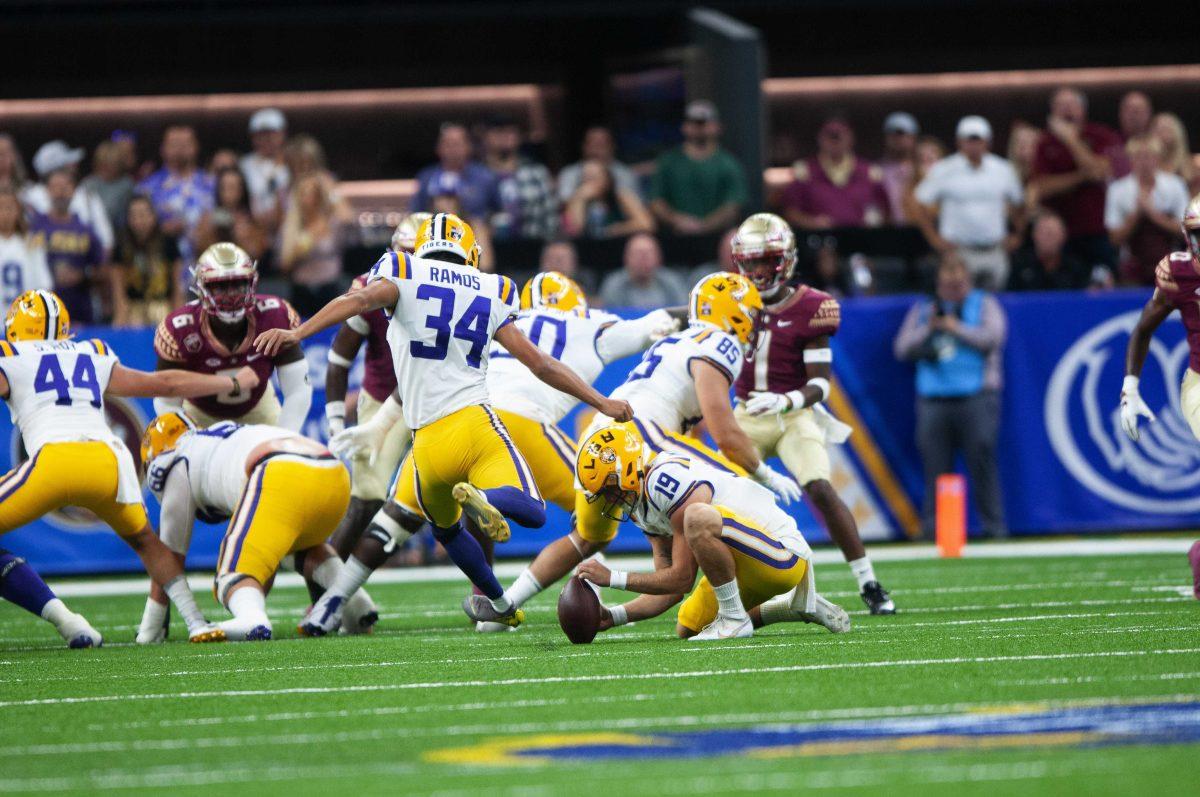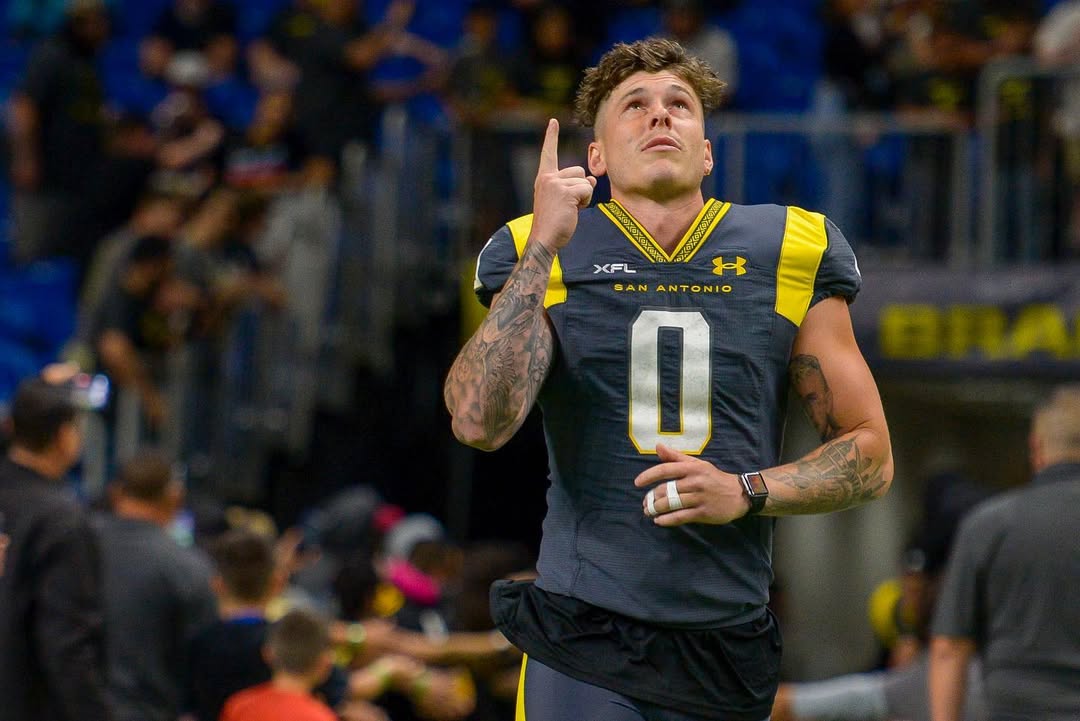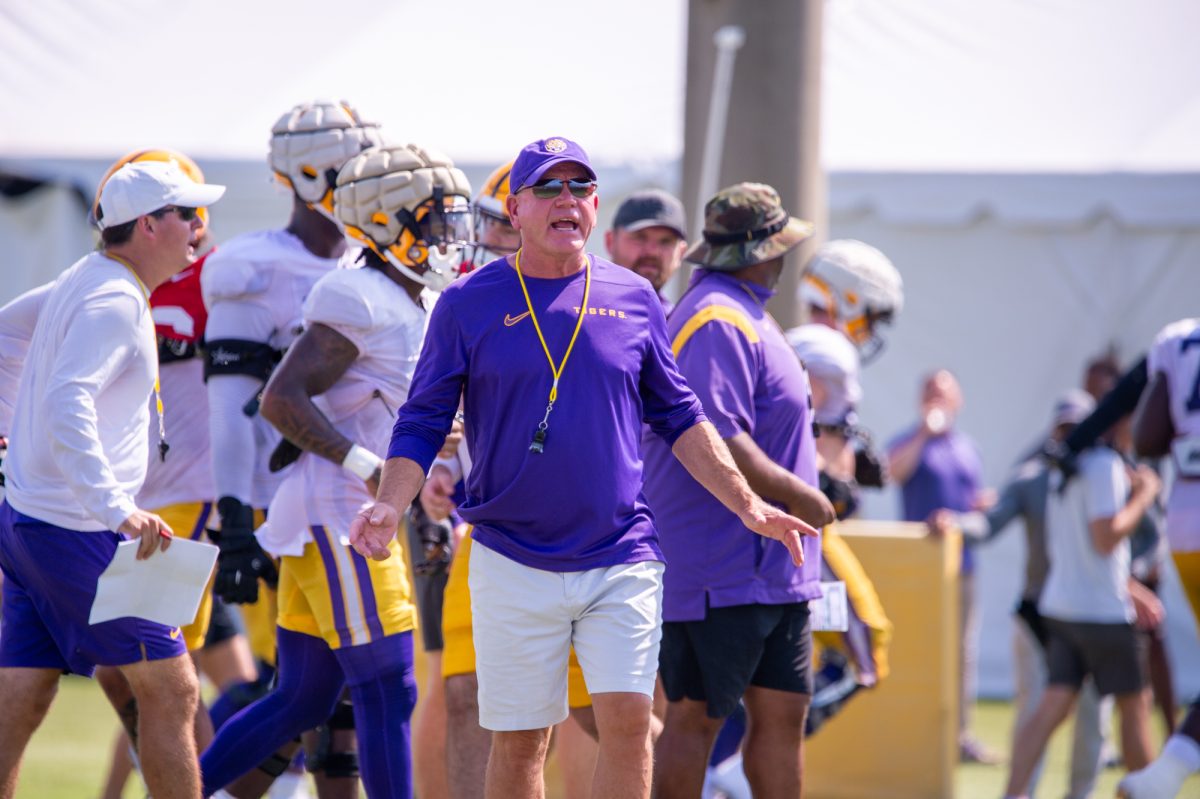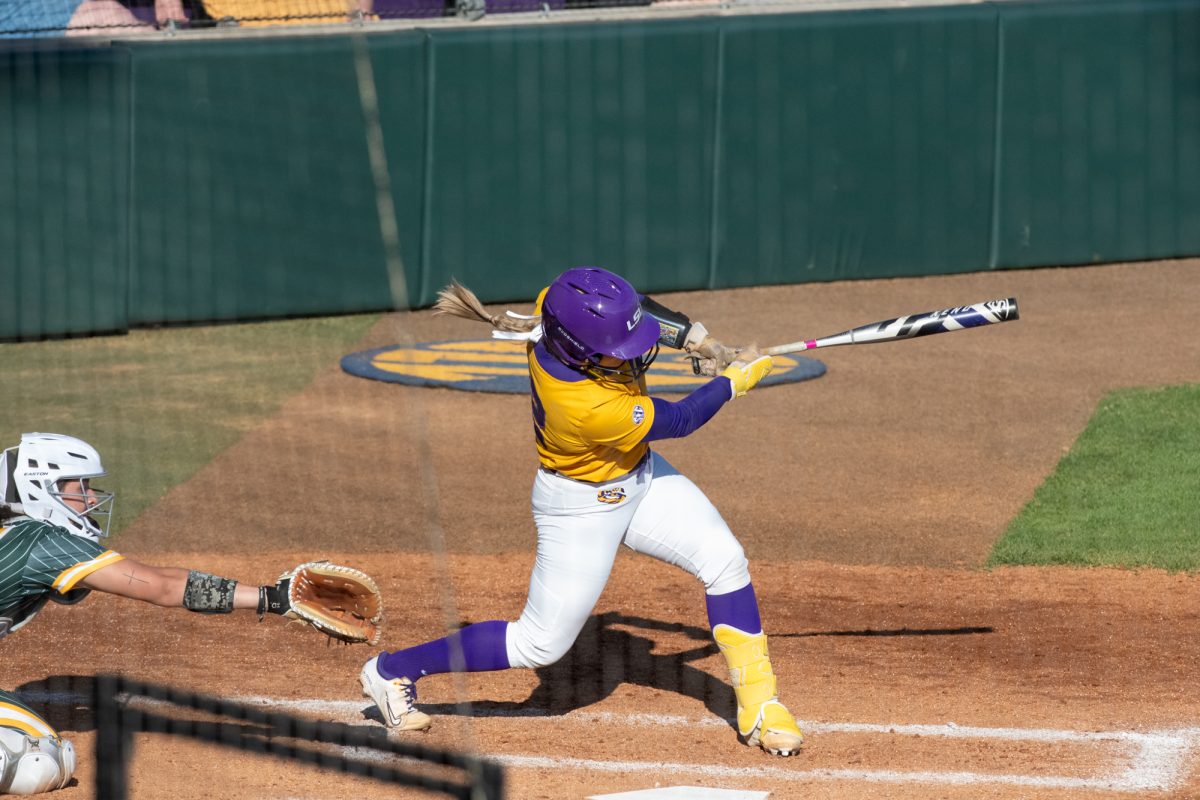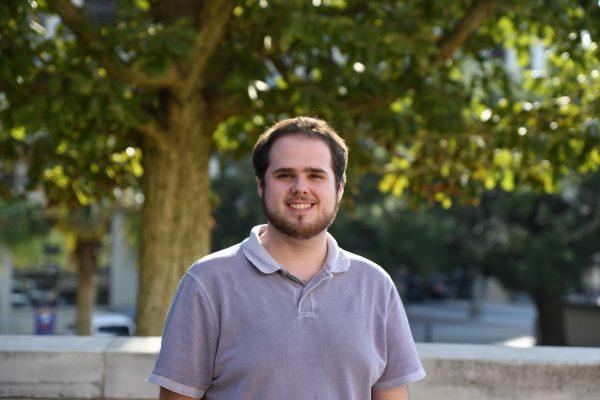It started in May.
Just a month removed from LSU football’s spring game, three of the team’s most pivotal players were hard at work on the field, collectively volunteering their free time to perfect their craft.
It wasn’t Jayden Daniels hooking up with his star receivers in preparation for the upcoming season, tossing passes and building the chemistry and timing that’s so critical for the quarterback-wideout connection.
It was LSU’s unheralded special teams trio: punter Jay Bramblett, kicker Damian Ramos and long snapper Slade Roy.
All through the summer, the three met frequently to work on field goal operations, building comfort and confidence with one another both on and off the field.
“By July, we were in midseason form,” Bramblett said.
These meetups were something that didn’t happen the year prior. There was no foundation. Bramblett, who also works as the holder, was in his first year at LSU after transferring from Notre Dame following three years with Brian Kelly in South Bend. Roy was also new, having transferred from East Carolina. Ramos was the only returner and he was just a redshirt freshman.
As the most experienced of the group, Bramblett took some blame for the lack of preparation last summer.
“It was a lack of leadership from me. We definitely could’ve done that,” Bramblett said.
Bramblett knew a renewed commitment and investment in special teams was sorely needed after a disastrous season from the unit in 2022.
According to ESPN’s Football Power Index, LSU was No. 130 out of 131 FBS teams in special teams efficiency last year, an astronomically low rank for a team that spent time in the top 10 of national rankings.
Special teams often goes overlooked in favor of offense and defense, perceived as the more exciting and impactful phases of the game, but don’t be fooled—special teams wins and loses games, as was the case for LSU last year.
It’s often said that special teams is all about the hidden yardage. Teams want to win the field position battle, consistently put their offense in good spots and the opposing offense in bad spots.
A punt that goes 45 yards instead of 50 might not seem like much, but over the course of the game, it adds up. When one team has a consistently shorter field ahead of them and a consistently easier time scoring, it can decide a game.
LSU didn’t do the little things well last year, which contributed to their poor ranking, but you don’t finish No. 130 by just failing in the minutiae or along the margins. As every Tiger fan knows, there were explosive mishaps on special teams last year.
Beginning the season with a rematch of previous year’s opening game against Florida State, LSU sees the ghosts of its special teams mistakes in last year’s matchup.
The Tigers had a field goal blocked, fumbled away two punts, shanked a 31-yard punt that produced a touchdown drive for FSU and finally had the potential game-tying extra point blocked on the final play of the game.
There were more mishaps during the season, including a fumble on the opening kickoff against Tennessee that spurred an avalanche of a blowout and a blocked kick returned for a touchdown in the Southeastern Conference Championship against Georgia.
At its best last year, LSU’s special teams were mediocre rather than glaringly bad and producing costly mistakes. The unit was never exceptional. The team recognizes that something has to change going forward.
“Last year was more about learning,” Ramos said, adding that so far this year has been “a lot smoother.”
Increased effort is the name of the game for turning around LSU’s special teams this year, led by coordinator Bob Diaco.
Although LSU has made an effort to decentralize its special teams coaching and get other assistant coaches involved, the leader of the unit is Diaco.
The former UConn head coach and longtime Kelly assistant stepped into the special teams coordinator role, after John Jancek took on the defensive line position with coach Jimmy Lindsey currently dealing with a personal health matter.
“I don’t think there’s a more energetic guy in the building. He brings life to our meetings. Guys want to play for him,” Bramblett said of Diaco.
Diaco’s positive approach has encouraged the players around him to put work into a thankless part of football. Even some of LSU’s starters have been involved on special teams, with Kelly noting that their experience there will help them stick on NFL rosters and improve their football resumes.
“We talk about our best players being invested. Special teams isn’t always the shiniest, coolest thing,” Bramblett said.
That attitude extends to some unexpected players, including Roy. Long snappers are usually uninvolved in special teams coverage, but Roy routinely guns down the field after punts and often is involved in the tackle.
“The dude likes attention,” Bramblett said, laughing. “He wants to be in on the play. A lot of teams may just mark him out and say, ‘he’s getting blocked somewhere down the field.’ We’re counting on that.”
For all the emphasis on unnoticed effort, one of the unit’s biggest additions is about flash: transfer receiver Aaron Anderson and his speed have the potential to add a dynamic element to the return game. Anderson will be the team’s punt returner this year and the primary kick returner, with freshman running back Kaleb Jackson slotting in as the off-ball returner on kickoffs.
“He’s as comfortable of a punt returner as I’ve seen,” Kelly said about Anderson.
What sets Anderson apart is his desire to be great, according to Bramblett. He picks the punter’s brain during practice on the nuances of returning punts, like assessing how the ball will bounce based on its spin.
Anderson’s explosiveness is something that was missing last year. LSU averaged only 3.3 yards per punt return compared to 10.9 on average for their opponents in 2022. With a revolving door at punt returner, the Tigers were content to finally settle on someone who could at least catch the ball consistently in Gregory Clayton Jr., but there’s a higher standard now.
Perhaps in line with those higher expectations, Bramblett is quick to caution that there’s still plenty of work to be done.
“We’re maturing. We’re not where we need to be yet,” Bramblett said.
However, there’s confidence that LSU’s special teams will be a strength this year, not a hindrance. Ramos is comfortable with where the field goal unit’s timing and ball placement is, and Kelly has described Bramblett as a “weapon” during fall camp.
Most importantly, the approach has changed, and there’s team-wide buy-in.
“We think special teams should and can be a positive force and influence games,” Kelly said.
From the jump, LSU will be in close contests this year. If all goes to plan, the special teams overhaul could tip the scales in its favor.




